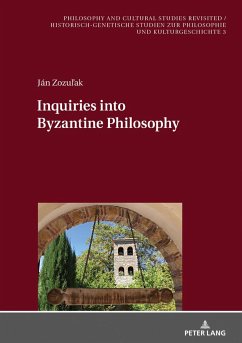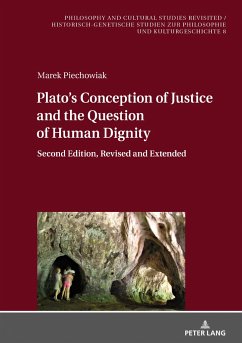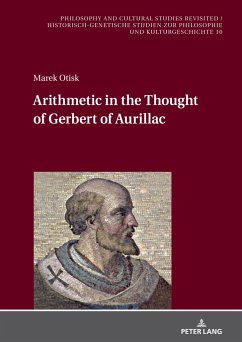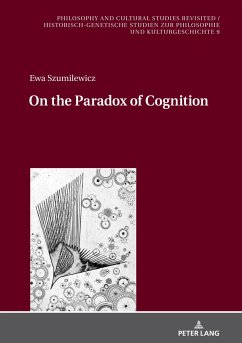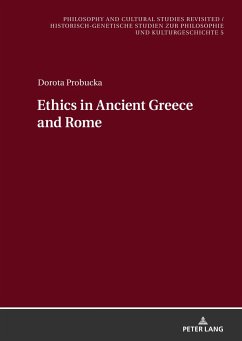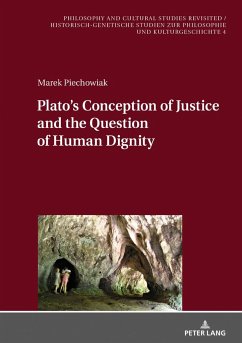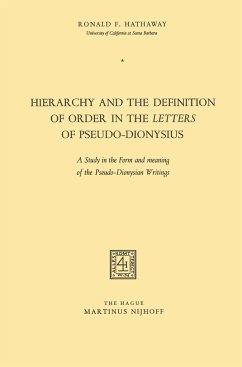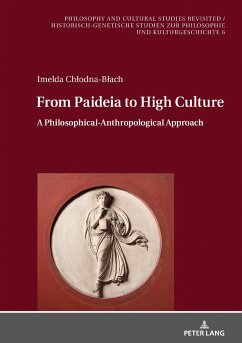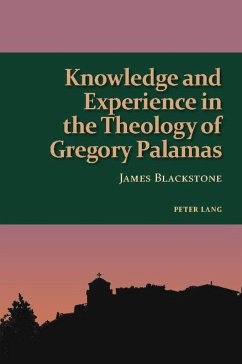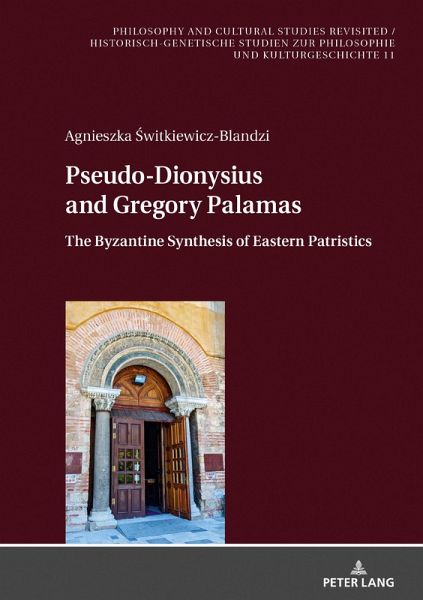
Pseudo-Dionysius and Gregory Palamas
The Byzantine Synthesis of Eastern Patristics
Herausgegeben: Blandzi, Seweryn
Versandkostenfrei!
Versandfertig in 6-10 Tagen
59,95 €
inkl. MwSt.

PAYBACK Punkte
0 °P sammeln!
The study shows the reception of the views of Pseudo-Dionysius Areopagite by Gregory Palamas. The author presents the doctrinal context of Palamas' dispute with Barlaam from Calabria on the possibility of knowing God, the most important issue in 14th-century Byzantium. The author distances herself from many previous interpretations of this problem. She proves that, considering how much Palamas succumbed or did not succumb to the Areopagite or "corrected" his position, he has a very weak doctrinal basis. The author notices that over-emphasizing Dionysius' dependence on the Neoplatonic tradition...
The study shows the reception of the views of Pseudo-Dionysius Areopagite by Gregory Palamas. The author presents the doctrinal context of Palamas' dispute with Barlaam from Calabria on the possibility of knowing God, the most important issue in 14th-century Byzantium. The author distances herself from many previous interpretations of this problem. She proves that, considering how much Palamas succumbed or did not succumb to the Areopagite or "corrected" his position, he has a very weak doctrinal basis. The author notices that over-emphasizing Dionysius' dependence on the Neoplatonic tradition does not lead to a solution to the problem. Palamas' teachings are placed in the context of the traditions of the Christian East and their relation to the thoughts of the Areopagite himself.





